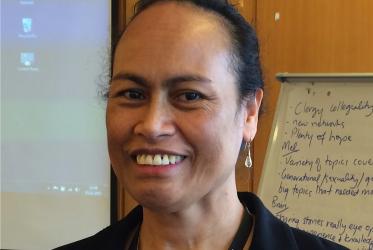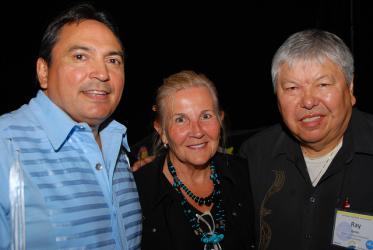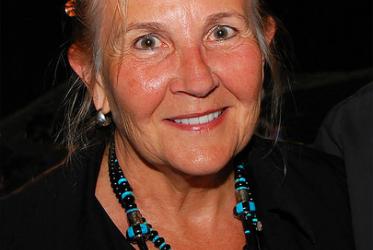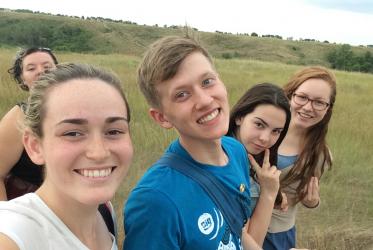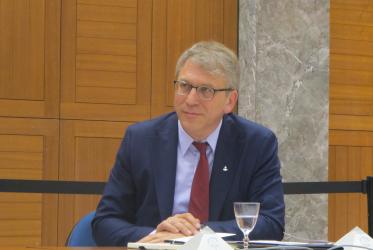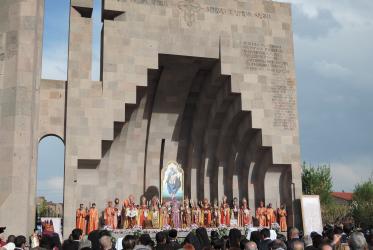«Les armes nucléaires sont incompatibles avec les valeurs que défendent nos traditions religieuses respectives», ont affirmé les représentants d’une cinquantaine d’organisations issues des traditions chrétienne, bouddhiste, musulmane et juive. La déclaration interreligieuse constitue un appel commun adressé aux 191 États parties au plus grand traité de désarmement au monde. L’appel, présenté entre autres par le Conseil œcuménique des Églises (COE), a été lancé lors de la séance d’interventions de la société civile à la Conférence des Parties chargée d’examiner le Traité sur la non-prolifération des armes nucléaires (TNP), à New York.
04 May 2015


